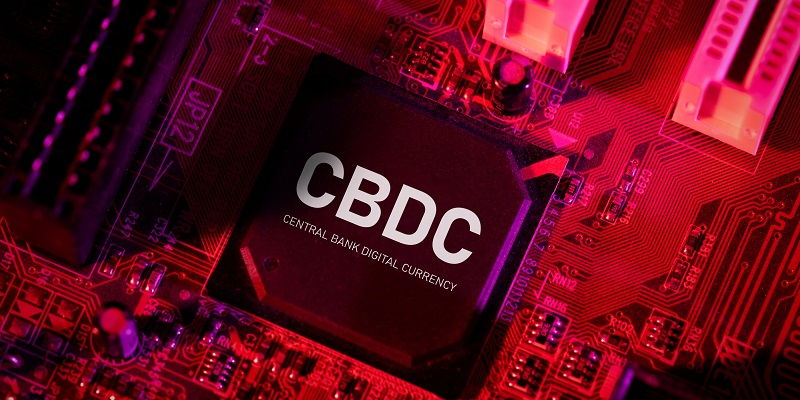Mastercard, the renowned payments giant, has taken a significant step in the crypto sphere by establishing a forum to facilitate discussions and collaboration among industry players. The focus of this initiative is the exploration of central bank digital currencies (CBDCs), which is a trending topic in the financial world. Notably, the CBDC Partner Program has already garnered participation from key players such as Ripple, Fireblocks, and ConsenSys.
Objectives of the CBDC Partner Program
A primary objective of the CBDC Partner Program is to foster dialogue and collaboration among stakeholders in the cryptocurrency industry. By providing a platform for discussion, Mastercard aims to encourage innovation and efficiency within the sector. This program signifies Mastercard’s commitment to driving advancements and embracing the potential of CBDCs.
Mastercard’s Track Record in CBDC Innovation
With extensive experience in the digital asset sector, Mastercard has a well-established track record of driving innovation, particularly in the realm of CBDCs. The company has been at the forefront of exploring and implementing blockchain technology, recognizing its potential to revolutionize the global financial landscape.
Global Trend Towards CBDCs
The move from Mastercard comes at a time when numerous nations are contemplating digitizing their currencies through the launch of CBDCs. According to data from CBDC Tracker, an impressive 114 countries, representing over 95 percent of global GDP, are currently exploring the concept of CBDCs. Moreover, more than 10 nations, including the Bahamas, Cambodia, China, and Nigeria, have already launched pilot programs or operational CBDCs, highlighting the increasing global interest in this digital transformation.
The United States’ Position on CBDCs
Interestingly, the United States is among the few countries that have yet to confirm plans for the launch of a digital currency. While CBDCs continue to gain traction worldwide, the stance of the US government regarding this digital transformation remains uncertain. However, the establishment of forums like the one introduced by Mastercard may prompt further discussions and considerations within the US.
Visa’s Support for Blockchain Technology
Mastercard has long been a proponent of blockchain technology and its potential to revolutionize various sectors, including finance. By supporting the development and implementation of secure and efficient blockchain solutions, Mastercard seeks to enhance trust, transparency, and security within the digital asset space. The establishment of a forum for Central Bank Digital Currencies (CBDCs) further strengthens their commitment to embracing innovative blockchain-based solutions.
Other Initiatives by Mastercard in the Digital Asset Sector
In addition to the forum and CBDC Partner Program, Mastercard launched Start Path Crypto last year. This global engagement program aims to support startups in the blockchain, cryptocurrency, and digital asset sectors, enabling them to scale and bring their innovative ideas to the market. By nurturing and collaborating with emerging players in the industry, Mastercard aims to stay at the forefront of the digital revolution.
Mastercard’s establishment of a forum and the CBDC Partner Program marks a significant move to foster innovation and collaboration within the cryptocurrency industry. With the participation of influential stakeholders such as Ripple, Fireblocks, and ConsenSys, this program is poised to advance discussions and drive forward the exploration and implementation of CBDCs. As the world increasingly moves towards digitizing currencies, Mastercard’s initiatives demonstrate their commitment to driving positive change and shaping the future of finance.

